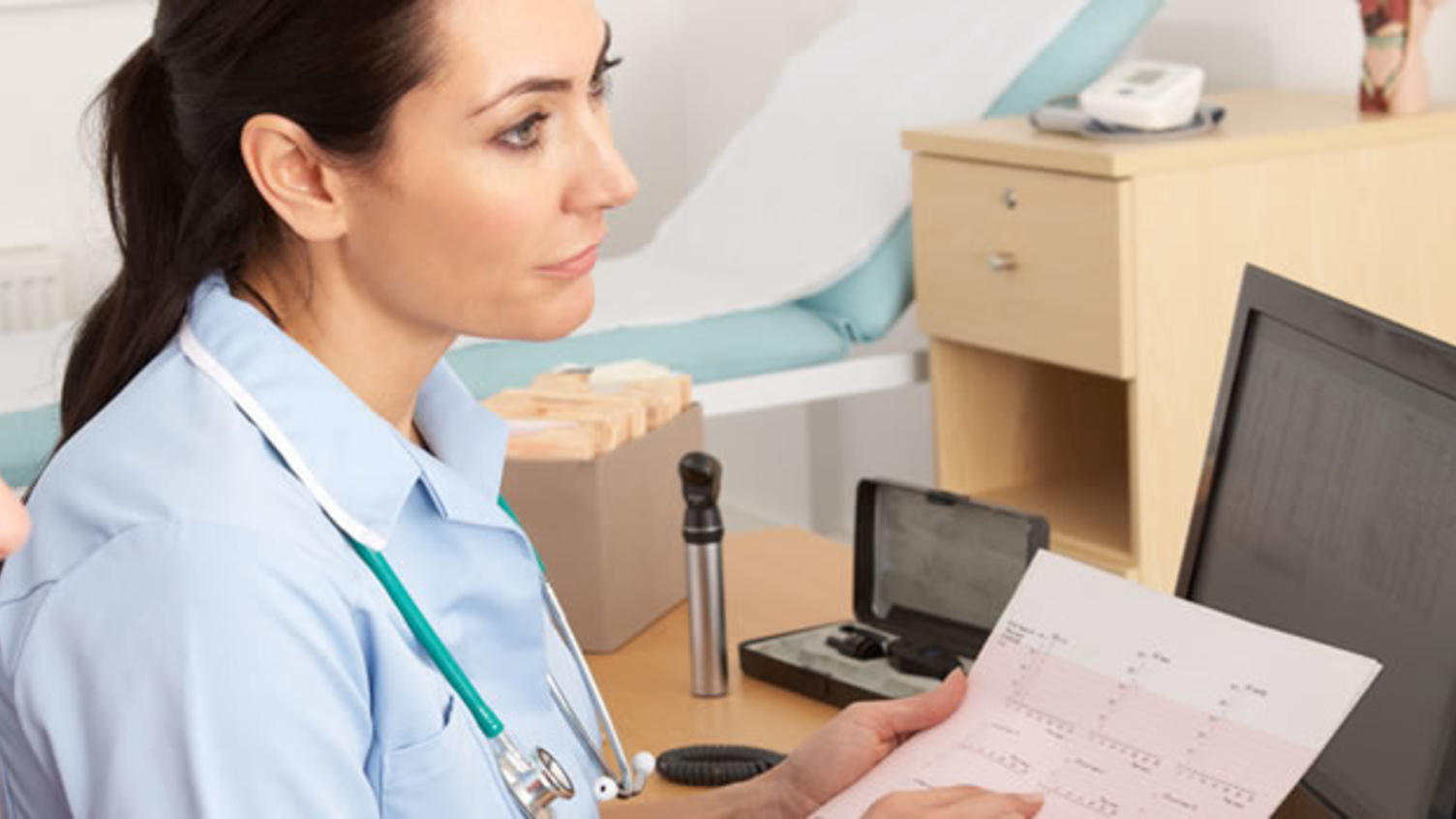Urinary incontinence

About this PSP
This PSP was established in October 2006 and was originally called a 'Working Partnership'. Three overlapping subgroups of people affected by incontinence were defined as being important to the work:
- Those affected by incontinence that is idiopathic or which is a symptom or result of a condition or disease which is not acute and which is treatable in primary care. For example Stress Urinary Incontinence, Over-active Bladder, or Enuresis (bedwetting).
- Those affected by incontinence resulting from acute illness or trauma or from conditions or diseases which cause wide-ranging disabilities in addition to incontinence, whether acquired or congenital. For example as a result of prostate surgery, Spinal Cord Injury, Multiple Sclerosis, Spina Bifida, Cauda Equina Syndrome, or certain learning disabilities.
- Elderly people affected by incontinence, whether clinical or functional (ie, as a result of reduced mobility or dementia).
The Urinary Incontinence PSP Top 10 was published in November 2008.
Articles and publications
Impact after the Top 10
Key documents
Top 10 priorities
- What are the optimal pelvic floor muscle training protocols (frequency and duration of therapy) for treating different patterns of urinary incontinence?
- Can guidance or training for GPs on appropriate care pathways improve management of people with urinary incontinence?
- What is best practice for treating combined stress urinary incontinence and detrusor overactivity?
- Which catheter regimens are most effective in preventing urinary tract infections in people using intermittent self-catheterisation for the management of a neurogenic bladder?/What is the effectiveness and safety of prophylactic versus symptomatic antibiotic therapy in people with neurogenic bladder dysfunction using intermittent self-catheterisation?
- Which treatment is most effective for reducing urinary frequency and urgency?
- Is urodynamic testing before surgery for urinary incontinence associated with better continence rates and quality of life, than surgery indicated without such testing?
- What is best practice for managing stress urinary incontinence following failed tension free vaginal tape surgery?
- What are the most effective treatments of daytime urinary incontinence in children?
- Are disposable catheters more or less acceptable than reusable catheters, in terms of effective bladder management, patient experience and urinary tract infections?
- In women with prolapse and stress urinary incontinence, should suburethral tapes be inserted at the same time as repairing the prolapse?
Document downloads
To see more uncertainties identified for Urinary Incontinence see the document below